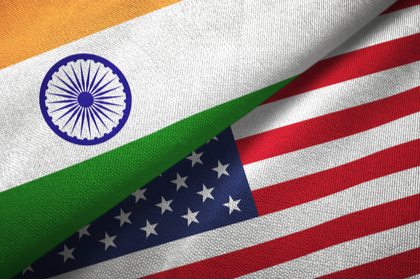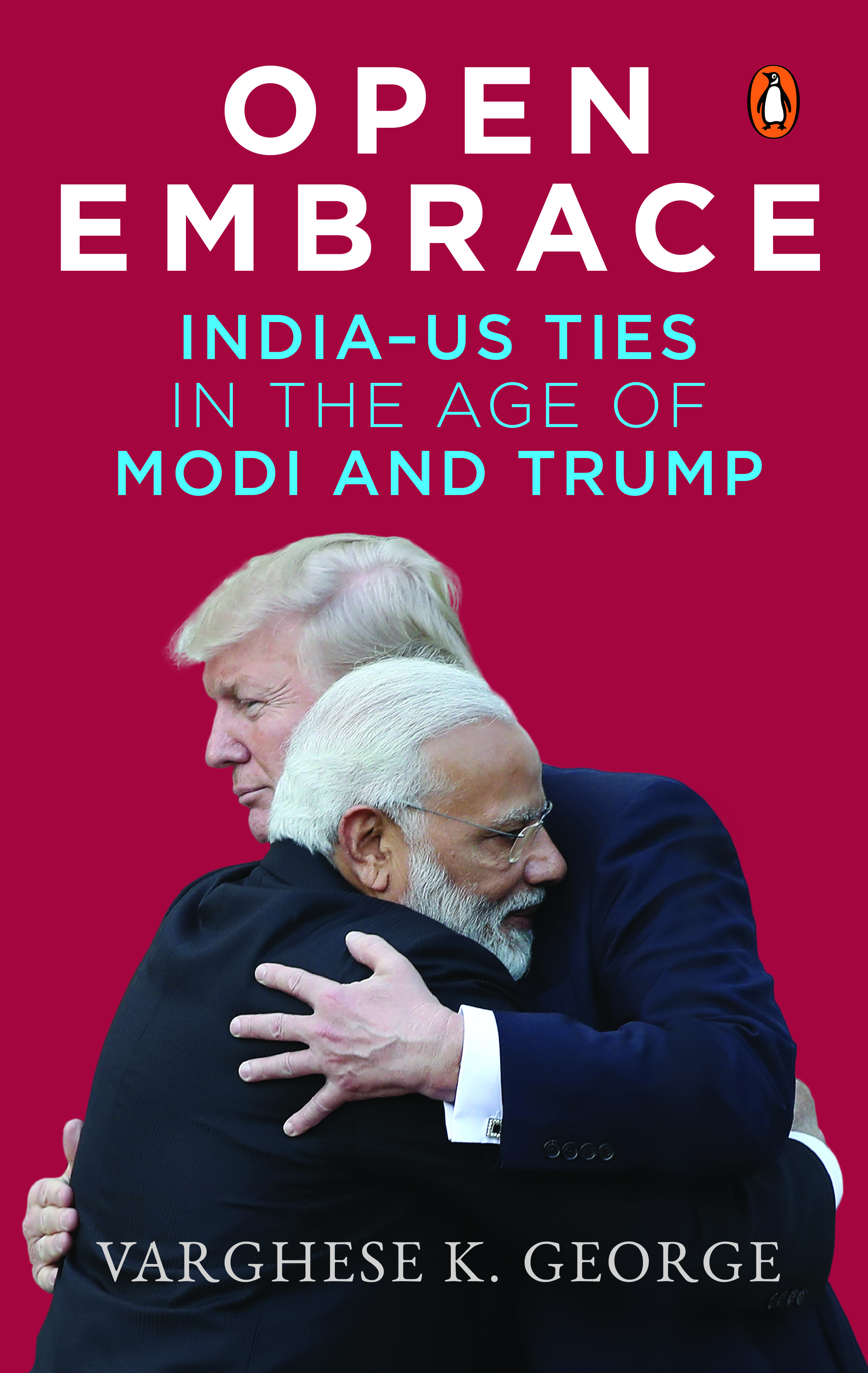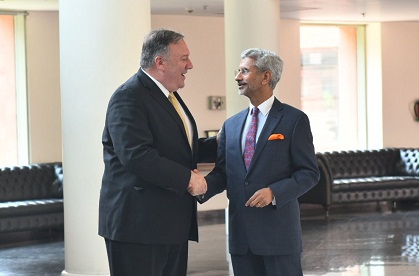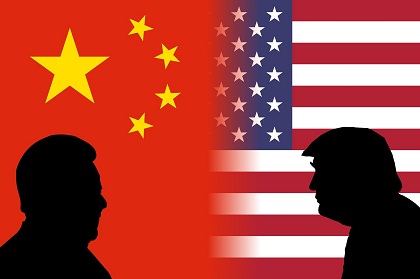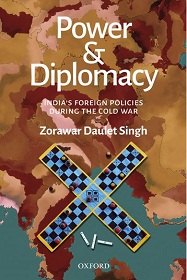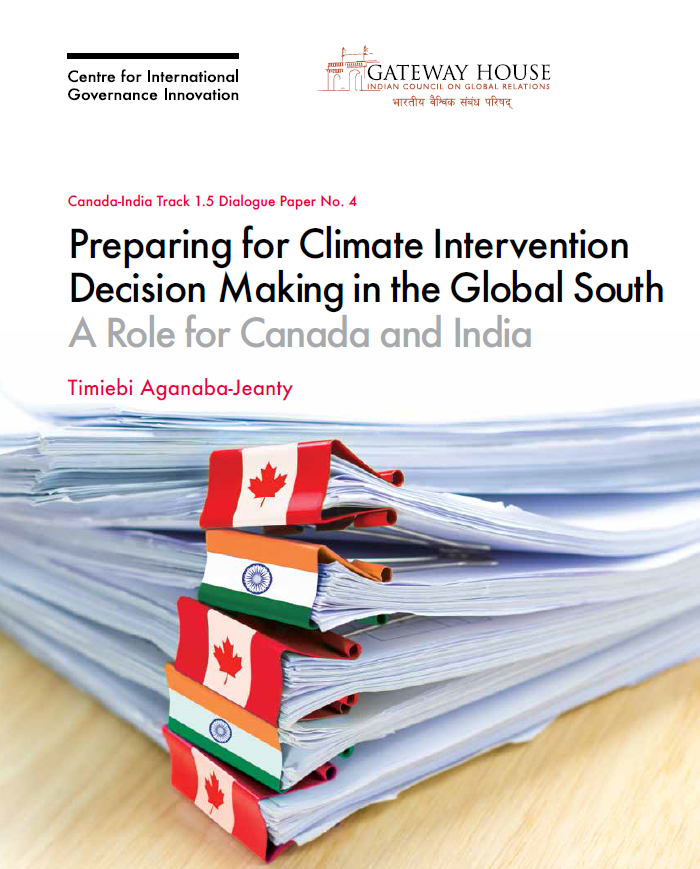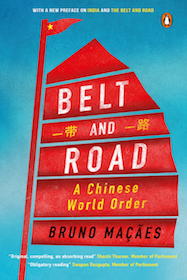Benefits of becoming a U.S. Major Non-NATO Ally
The substantive efforts underway in the U.S. to designate India a Major Non-NATO ally reflect the deepening bilateral security and trade cooperation. It will enhance India’s military capabilities and strategic positioning with American allies in the region.

